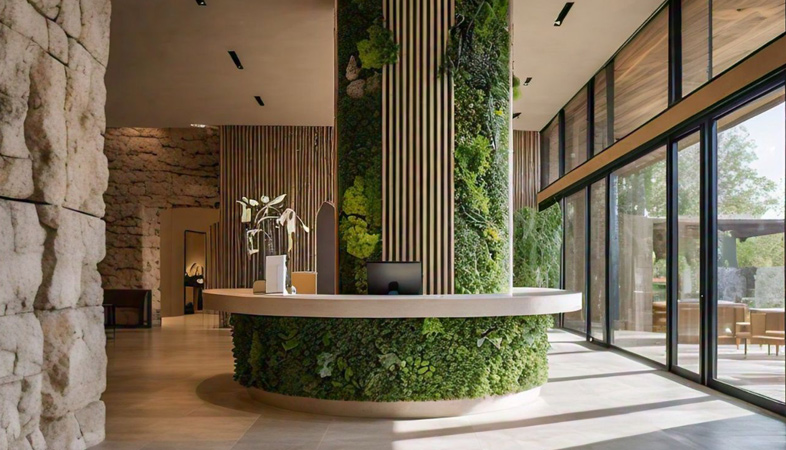SHARE
Commercials
More Posts
Feb 21, 2025
Grilled Lamb Chops - By Chef Manoj Rathore
Jun 27, 2025
Uttam Das Appointed as Executive Chef at JW Marriott
Jul 08, 2025
Green Hotels: Implementing Eco-Friendly Initiatives
Feb 21, 2025
Grilled Lamb Chops - By Chef Manoj Rathore
Jun 27, 2025
Uttam Das Appointed as Executive Chef at JW Marriott
Jul 08, 2025
.png)



























